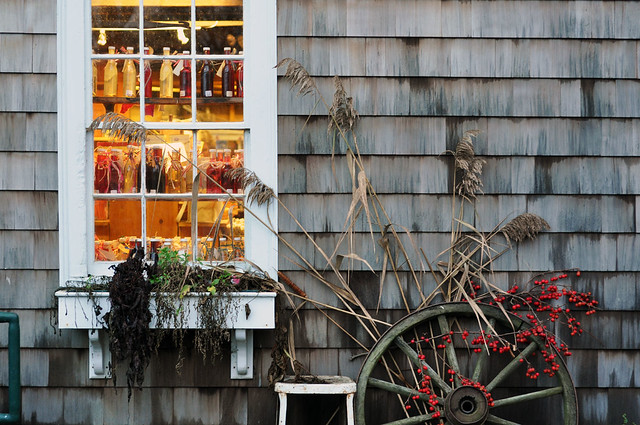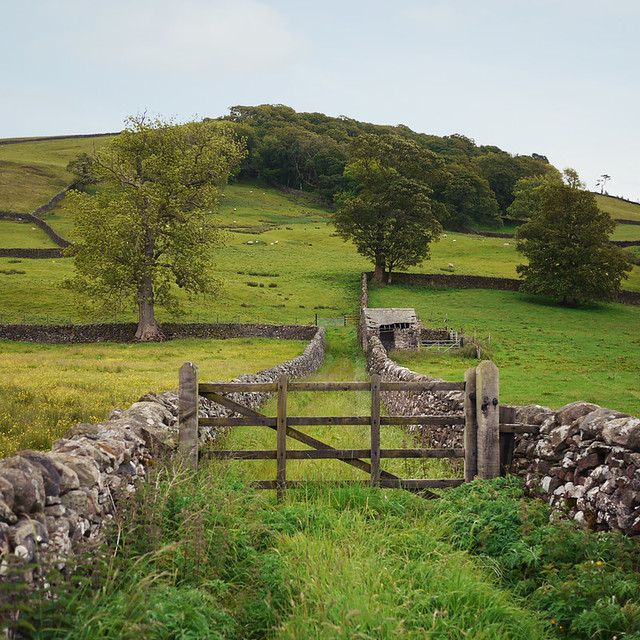jmooney
New member
Hi All,
I'm looking for some advice here as I'm nearing my wit's end.
I LOVE photography. I love looking at it and I love making it and talking about it and thinking about.
I like shooting film and do but need the convenience of digital at this point for the majority of what I do. I don't have access to a darkroom and even if I had one I wouldn't have time to use it.
I do have access to a computer and being an IT Manager I'd like to think that I'm pretty good at using one, especially since I spend my days helping other people use theirs. The flip side of that is that I spend all day at a computer so I don't want to spend all night at one editing photos and for all I can bend computers to my will, I can't seem to make good, sharp photos come out of mine.
I've tried about 12 different cameras over the last 5 years and all were mostly disappointing for one reason or another and try as I might with Lightroom and Picasa I can't get them to do what I want. My frustration is at an all time high and I'm feel like never using a camera again. My latest experiment is m4/3rd with a G2 but even at ISO 400 there seems to be a ton of noise and this sensor seems to have about half the dynamic range of slide film.
I'm not an idiot, I know how to take picture, I've been doing it for years. I know have a nice Mac, software, and an Epson R2880 so I have to tools to produce great prints. I've bought prints from Lenswork and they use the same paper and same ink set (in a larger format printer) and I LOVE what I see but I can't seem to get my equipment to do this. Maybe it needs more effort than I'm putting into it but I can't believe there isn't a way to take a picture and make a quality print from it that doesn't require hours per photo. I'm not looking for a silver bullet but I feel like it can't be this hard if everyone else is doing it.
Here are some examples of photos I like and would like to make mine look like:

San Donato by Choollus, on Flickr
IMG_5475 | Flickr - Photo Sharing! (sorry he disabled embedding)

Untitled by simple tess, on Flickr

the road not taken by wild goose chase, on Flickr

Maybe I'm asking too much, I want to figure this out, I want sharp, nicely colored, noise free images that can be had with a few minutes work per image. Is that too much to ask? (This isn't rhetorical)
What's the easiest combo of things to use to get me near here? Camera, software, etc. what do I need? I'm not looking to buy my way to it but I do need these tools to make the images. I've got the vision and the subjects, I just need to capture them.
This isn't a whine-fest at all, so please don't accuse me of that. I really just can't seem to figure this out and I'm asking for help. I'll appreciate it more than you'll know.
Take care,
Jim
I'm looking for some advice here as I'm nearing my wit's end.
I LOVE photography. I love looking at it and I love making it and talking about it and thinking about.
I like shooting film and do but need the convenience of digital at this point for the majority of what I do. I don't have access to a darkroom and even if I had one I wouldn't have time to use it.
I do have access to a computer and being an IT Manager I'd like to think that I'm pretty good at using one, especially since I spend my days helping other people use theirs. The flip side of that is that I spend all day at a computer so I don't want to spend all night at one editing photos and for all I can bend computers to my will, I can't seem to make good, sharp photos come out of mine.
I've tried about 12 different cameras over the last 5 years and all were mostly disappointing for one reason or another and try as I might with Lightroom and Picasa I can't get them to do what I want. My frustration is at an all time high and I'm feel like never using a camera again. My latest experiment is m4/3rd with a G2 but even at ISO 400 there seems to be a ton of noise and this sensor seems to have about half the dynamic range of slide film.
I'm not an idiot, I know how to take picture, I've been doing it for years. I know have a nice Mac, software, and an Epson R2880 so I have to tools to produce great prints. I've bought prints from Lenswork and they use the same paper and same ink set (in a larger format printer) and I LOVE what I see but I can't seem to get my equipment to do this. Maybe it needs more effort than I'm putting into it but I can't believe there isn't a way to take a picture and make a quality print from it that doesn't require hours per photo. I'm not looking for a silver bullet but I feel like it can't be this hard if everyone else is doing it.
Here are some examples of photos I like and would like to make mine look like:

San Donato by Choollus, on Flickr
IMG_5475 | Flickr - Photo Sharing! (sorry he disabled embedding)

Untitled by simple tess, on Flickr

the road not taken by wild goose chase, on Flickr

Maybe I'm asking too much, I want to figure this out, I want sharp, nicely colored, noise free images that can be had with a few minutes work per image. Is that too much to ask? (This isn't rhetorical)
What's the easiest combo of things to use to get me near here? Camera, software, etc. what do I need? I'm not looking to buy my way to it but I do need these tools to make the images. I've got the vision and the subjects, I just need to capture them.
This isn't a whine-fest at all, so please don't accuse me of that. I really just can't seem to figure this out and I'm asking for help. I'll appreciate it more than you'll know.
Take care,
Jim
